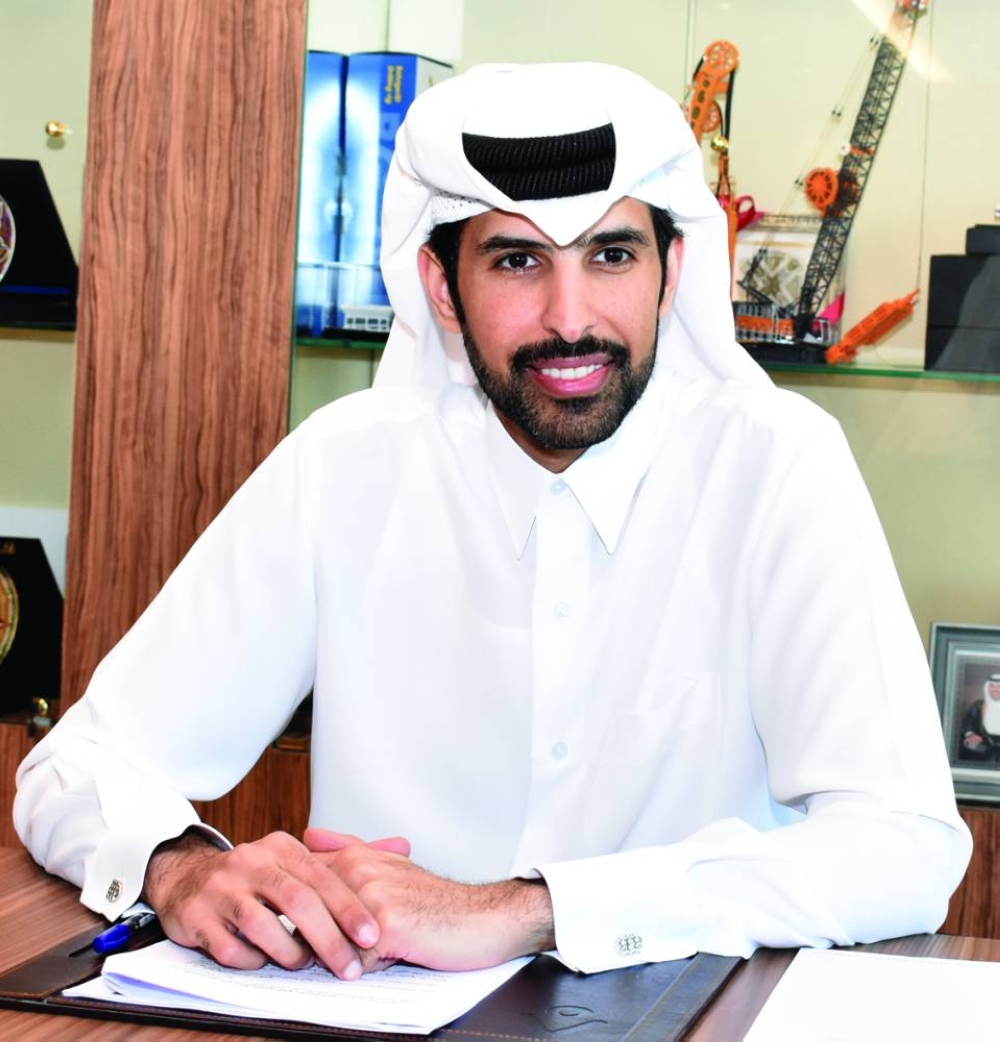Aamal Company has set its eyes on industrial manufacturing, healthcare and other high-growth sectors like maritime and realty, as it seeks to reap advantage of the growth opportunities enabled by the Third National Development Strategy (NDS3).
"In Aamal, we are in the real estate, industrial and healthcare. These are the main sectors that we focus on and enhancing investments," Aamal Company vice-chairman and managing director Sheikh Mohamed bin Faisal al-Thani told the media.
Highlighting the underlying principle of 'strength through diversity'; he said the company's strategy has always been to diversify investments.
Earlier focusing on the real estate investments, he said over the course of a few years, it started looking more at the industrial sector, especially on kind of investments that will cater to the infrastructure projects.
Elsewedy Cables Qatar – a subsidiary of Senyar Industries Qatar Holding, one of Qatar’s leading industrial groups, in which Aamal is a 50% shareholder – had been awarded a three-year contract worth QR1.2bn in 2024 by Kahramaa for the supply of low and medium voltage cables within six months of starting production, he said.
Since then, Aamal has upped investments in the industrial sector, Sheikh Mohamed said, adding, "We see a great opportunity (in the industrial sector), regardless of some of the projects being completed for the World Cup."
Aamal will also take advantage of the investment opportunities in the manufacturing sector under Tawteen programme, he said, adding the opportunities would mostly stem from current and upcoming projects planned in the energy and renewable energy sectors.
This includes the ongoing liquefied natural gas projects in the North and South Fields as well as the Al Kharsaah photovoltaic solar power plants, which is expected to contribute significantly to reducing Qatar's environmental footprint, according to its 2024 annual report.
About the involvement in the North Field projects, he said Elsewedy Cables is expanding its presence in Qatar's growing oil and gas sector.
Doha Cables played a critical role in supplying medium and low voltage cables to key national energy infrastructure projects, including the North Field Expansion - the world largest liquefied natural gas project - supporting Qatar's efforts to increase its gas production capacity, he said.
To meet increasing demand in the transmission sector, Doha Cables is investing in new CCV line machinery at its Mesaieed facility. This upgrade will expand production capabilities from 132kV to 400kV, ensuring it can serve the evolving needs of the transmission industry. The new facility is expected to be operational by the fourth quarter of 2025.
Aamal Energy was established in 2023 as a fully owned subsidiary of Aamal Company to capture opportunities in the energy, renewable energy and oil and gas sectors.
On renewable energy, Sheikh Mohamed said, the company is looking through at some of the projects, especially because of the increased focus now on the development of solar energy. "This is something we see a good potential in Qatar over the next few years," he said, adding it would be on supplying and installing side.
On a query whether the industrial sector would also look at the overseas markets, he said Doha Cables has already been exporting to Iraq, the UAE, Saudi Arabia and other neighbouring countries and "we are also looking to grow our export business in the industrial sector."
Finding budget allocation of QR22bn for the healthcare sector, the board report had said it would help the growth of its trading and distribution division, particularly Aamal Medical and Ebn Sina Medical.
Highlighting that one of the important sectors for it is the medical arm; Sheikh Mohamed said Aamal will participate in new hospital projects and the enhancement of existing medical facilities, which require medical equipment, pharmaceutical and related services.
With improvement in sea trade links in the region and the Far East, bulk cargo freight services offered by Aamal Maritime are expected to have a strong demand, the board viewed.
In this regard, Sheikh Mohamed said the subsidiary is exploring options on adding more vessels to meet the increasing demand “but only after carefully assessing supply chain challenges.”

Sheikh Mohamed bin Faisal al-Thani, Aamal Company vice-chairman and managing director.

